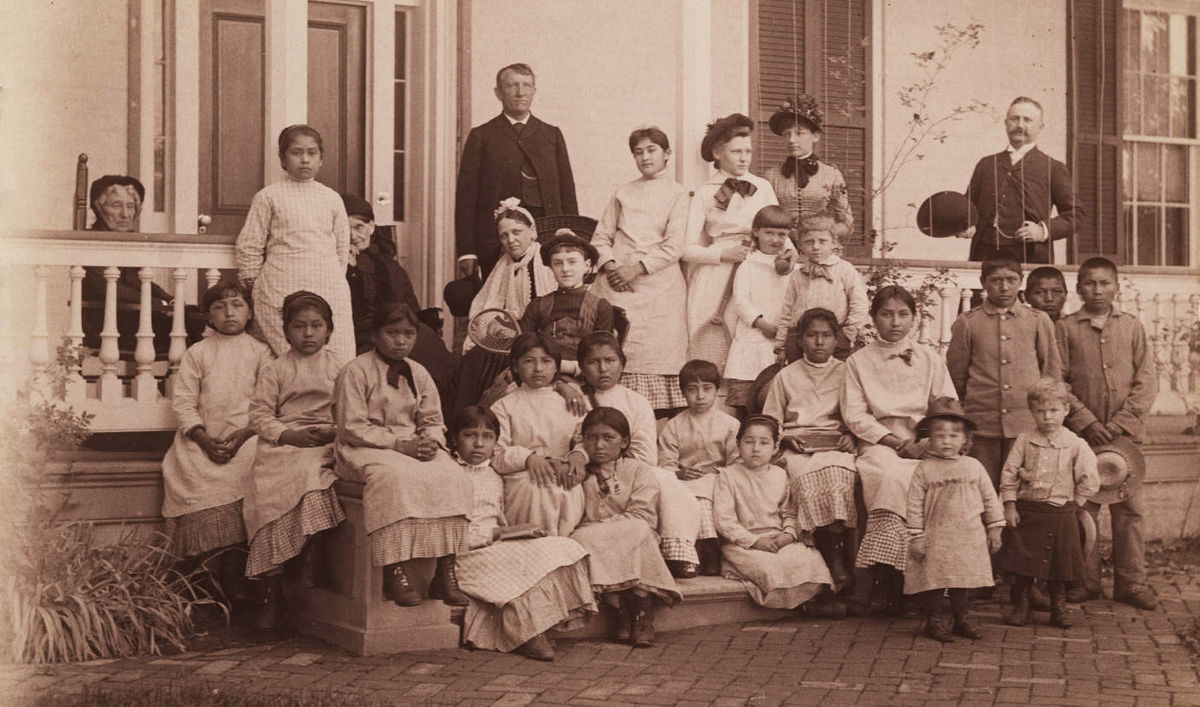ACTION ALERT: Urge Your Senator to Support the Truth and Healing Commission on Indian Boarding School Policies Act (S. 761)
This bill represents a vital step toward truth-telling, accountability, and national healing. It affirms the worth of all persons, denounces cultural genocide, and supports reparative justice for communities historically harmed.

Many of the American Indian boarding schools were run or supported by government and religious institutions, including The Methodist Church. The schools were designed to forcibly assimilate Native children into mainstream cultures, separate them from their families, and suppress their languages, cultures, and identities.
The Purpose of S. 761
The Truth and Healing Commission on Indian Boarding School Policies Act of 2025 (S. 761) establishes ways to finally address healing for the Native American community. The main components of bill S.761 include:
Creating a federal commission to investigate and document the federal government’s Indian boarding school policies and their ongoing impacts.
Empowering Native American communities to share their stories and experiences through public hearings and archival access.
Providing recommendations on how the U.S. government can offer justice, support healing, and ensure non-repetition.
Why United Methodists Support S. 761
Historical Responsibility
- From the mid-1800s through the 20th century, faith institutions, including Methodists, operated or supported boarding schools that traumatized Native children and communities. Supporting this bill is a step in acknowledging and repairing that harm.
Moral Imperative
- Scripture calls us to “seek justice, love mercy, and walk humbly with our God” (Micah 6:8). Truth-telling is an act of justice.
United Methodist Foundation of Social Holiness
UMC Resolution 4260: “Journey of Repentance, Reconciliation, and Healing” urges the Church to support truth and reconciliation efforts and advocate for governmental commissions examining the history and impact of boarding schools.”
UMC Social Principles (¶163.F): “Affirm and support the rights of indigenous, native, and aboriginal communities, who must, like all people, be afforded the basic rights set forth in the Universal Declaration of Human Rights.”